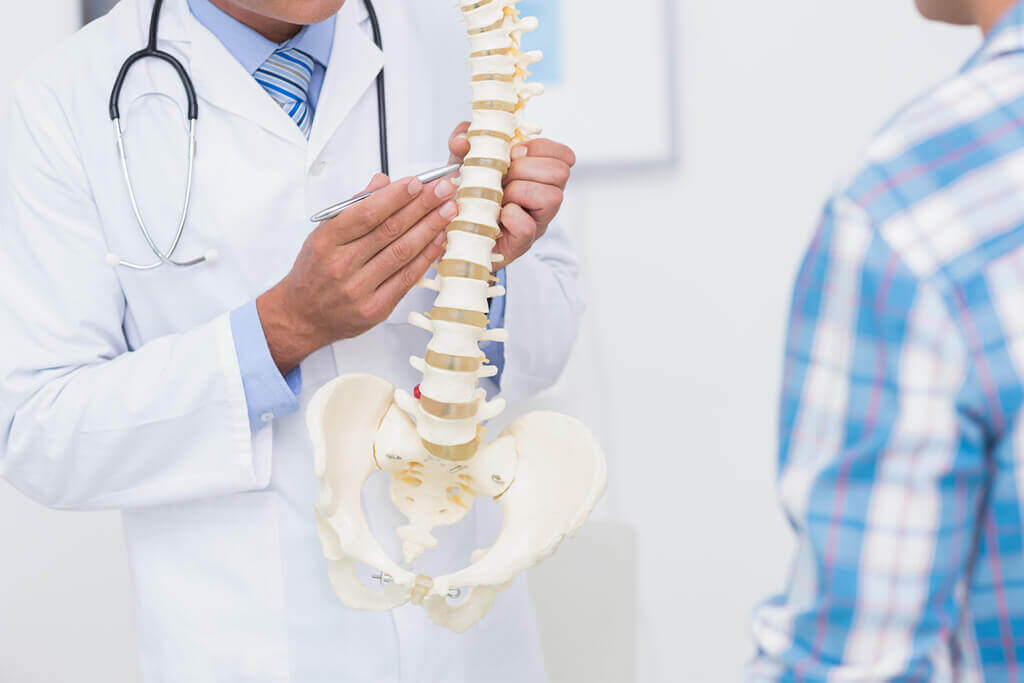Pneumonia
Introduction
Anatomy
Causes
Symptoms
Pneumonia can cause fever, coughing, sweating, and chills. It can cause shortness of breath, shallow breathing, fast breathing, and chest pain upon breathing. Other symptoms of pneumonia include headache, muscle ache, loss of appetite, and fatigue. You may cough up sputum that is green or yellow or contains blood. Infants with pneumonia may not cough but may make grunt-like noises.
Diagnosis
Treatment
Prevention
You should ask your doctor if you are a candidate for the pneumonia or flu vaccines that can help prevent certain strains of pneumonia. Wash your hands regularly with soap and water. Avoid touching your eyes and nose.
Am I at Risk
Other risk factors for pneumonia include:
• Smoking and alcohol abuse
• Certain diseases, such as heart disease, lung disease, diabetes, GERD, HIV/AIDS
• Suppressed immune system from illness or immunosuppressant medications
• Hospitalization, surgery, or traumatic injury
• Exposure to toxic chemical fumes or pollution
Complications

Copyright © - iHealthSpot Interactive - www.iHealthSpot.com
This information is intended for educational and informational purposes only. It should not be used in place of an individual consultation or examination or replace the advice of your health care professional and should not be relied upon to determine diagnosis or course of treatment.
The iHealthSpot patient education library was written collaboratively by the iHealthSpot editorial team which includes Senior Medical Authors Dr. Mary Car-Blanchard, OTD/OTR/L and Valerie K. Clark, and the following editorial advisors: Steve Meadows, MD, Ernie F. Soto, DDS, Ronald J. Glatzer, MD, Jonathan Rosenberg, MD, Christopher M. Nolte, MD, David Applebaum, MD, Jonathan M. Tarrash, MD, and Paula Soto, RN/BSN. This content complies with the HONcode standard for trustworthy health information. The library commenced development on September 1, 2005 with the latest update/addition on February 16, 2022. For information on iHealthSpot’s other services including medical website design, visit www.iHealthSpot.com.


